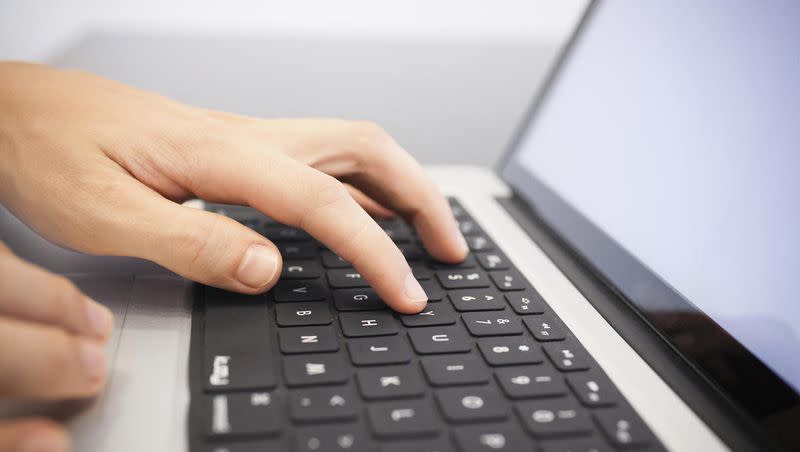The best ways to keep your computer secure

It’s no secret that the world is increasingly going digital. More and more, people are conducting their business online, from shopping to banking to communicating with friends and family. As a result, it’s more important than ever to know how to secure your computer.
Why security for computers is essential
Computers are valuable tools for both personal and professional use, and it’s essential to take steps to protect them from online threats. Hackers can access your personal information, such as passwords and credit card details, and use them for criminal purposes. They can also infect your computer with malware or viruses that can damage your files, spread to other devices on your network or even steal your identity.
These threats are why it’s essential to have strong security measures in place to protect your computer and the data stored on it. So, here are seven ways to protect your computer from hackers, thieves and other online threats.
1. Install antivirus software
Installing antivirus software is one of the best ways to protect your PC. Antivirus software will protect your computer from malware and viruses. It will also scan your email and websites for any malicious content.
Antivirus programs such as Panda Free Antivirus software, Total AV and PC Protect provide excellent malware protection for computers. There are many different types of antivirus software available, so be sure to choose one that fits your needs.
2. Keep your computer up to date with the latest security patches
Another critical step in protecting your computer from online threats is to keep your computer up to date with the latest security patches.
Security patches are updates to your computers software and operating system that address security vulnerabilities. These updates are released by the software manufacturer to fix security holes that have been discovered in the software.
It’s important to install these patches as soon as they become available, as they help to protect your computer from hackers and other online threats.
3. Create strong passwords
Never use the same password for multiple accounts.
One of the most common ways for hackers to gain access to someone’s account is by guessing their password. This is why it’s important to create strong passwords that are difficult to guess.
You should also never use the same password for more than one account. Why? If your password is compromised, the hacker will be able to access all of your accounts. It can be disastrous if the hacker has access to your email account and can reset your passwords for all other accounts.
If you struggle to remember or think of strong passwords, consider using a password manager.
4. Don’t open emails from unknown senders or click on links in them
Be very careful about what emails you open and what links you click on. Many phishing scams involve emails from unknown senders that contain links to fake websites designed to steal your personal information.
So if you’re unsure whether an email is legitimate, don’t open it.
5. Be careful what websites you visit — only visit those that you trust
Another way hackers can gain access to your computer is by infecting it with malware when you visit an infected website. Therefore you must be careful about what websites you visit.
If you’re unsure whether a website is safe, do some research before visiting it and especially before making a purchase. You can also use an antivirus program with web protection features to help protect your computer from malicious websites.
6. Use a firewall to protect your computer from unauthorized access
What is a firewall? How do firewalls work?
Firewalls work by blocking unauthorized access to your computer. They do this by inspecting all the traffic that comes in and out of your computer.
If the firewall detects any traffic that it doesn’t recognize or appears malicious, it will block it. This helps to protect your computer from hackers and other online threats.
You can also use computer firewalls to block certain websites or applications from being accessed on your computer.
7. Back up your data regularly in case of a computer crash or theft
Another important step in securing your computer is regularly backing up your data. Backing up your computer is important in case of a computer crash, as it will help you to recover your lost data.
It’s also a good idea to back up your data in case of theft. If your computer is stolen, you’ll have copies of your important files stored elsewhere. In case of an emergency concerning internet or computer theft, having access to backed-up files can help you to get your life back on track.
Keep your computer safe
These seven tips will help keep your computer secure from online threats. Doing what you can to follow safe internet security practices will help you be stress-free as you use the computer, knowing that you and your personal information are secure and protected.

